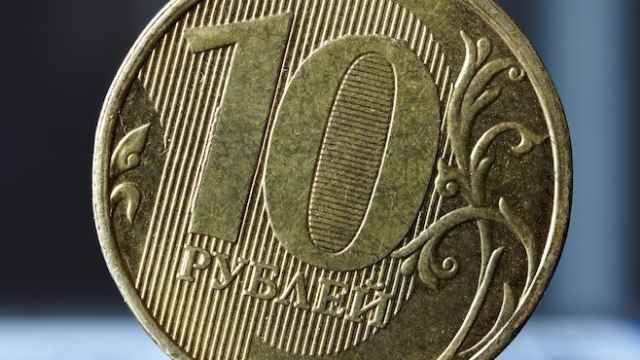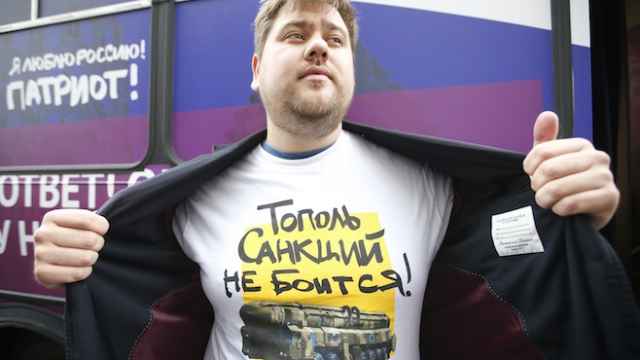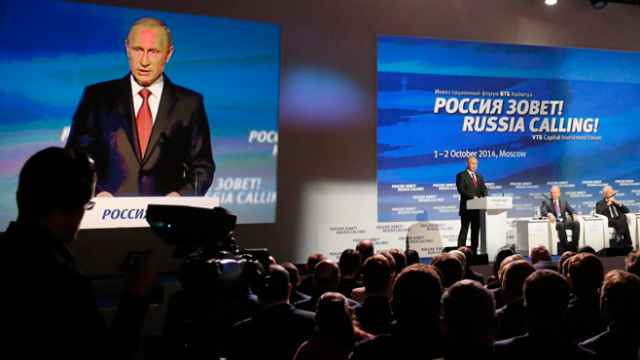As the political and economic costs of Russia’s annexation of Crimea escalate, President Vladimir Putin and other top Russian diplomats may well be looking for a quiet countryside getaway. And what better location than the balmy peninsula itself?
Crimea’s council of ministers has handed over several state-owned dachas, or country estates, as well as a nature reserve, health spas, children’s camps and a venerable winery to the Kremlin's property management department, Russian newspaper Kommersant reported Wednesday.
Before the annexation in March, all of these properties belonged either to a similar institution under the Ukrainian president or were controlled by Ukrainian ministries, the report said.
“The state dachas will be used for their intended purpose. Top [government] dignitaries will visit them,” Kommersant quoted Crimean leader Sergei Aksyonov as saying. Moscow will also be responsible for their upkeep, he said.
Subtropical Crimea has been a favorite among Russian top brass since Catherine the Great overran the Crimean khanate in the 18th century. Tsars rejuvenated in ornate costal palaces, which were then confiscated by the communists and used to host World War II leaders at the Yalta Conference and Mikhail Gorbachev during the botched military coup of Soviet hard-liners in 1991.
The nature reserve now controlled by the Kremlin’s property department is the largest in Crimea, covering about 45,000 hectares in the south of the peninsula.
As for the winery, Massandra, it is Crimea’s oldest winemaking institution, established in the 19th century by Prince Lev Golitsyn, the founding father of Russia’s champagne industry.
A Message from The Moscow Times:
Dear readers,
We are facing unprecedented challenges. Russia's Prosecutor General's Office has designated The Moscow Times as an "undesirable" organization, criminalizing our work and putting our staff at risk of prosecution. This follows our earlier unjust labeling as a "foreign agent."
These actions are direct attempts to silence independent journalism in Russia. The authorities claim our work "discredits the decisions of the Russian leadership." We see things differently: we strive to provide accurate, unbiased reporting on Russia.
We, the journalists of The Moscow Times, refuse to be silenced. But to continue our work, we need your help.
Your support, no matter how small, makes a world of difference. If you can, please support us monthly starting from just $2. It's quick to set up, and every contribution makes a significant impact.
By supporting The Moscow Times, you're defending open, independent journalism in the face of repression. Thank you for standing with us.
Remind me later.





